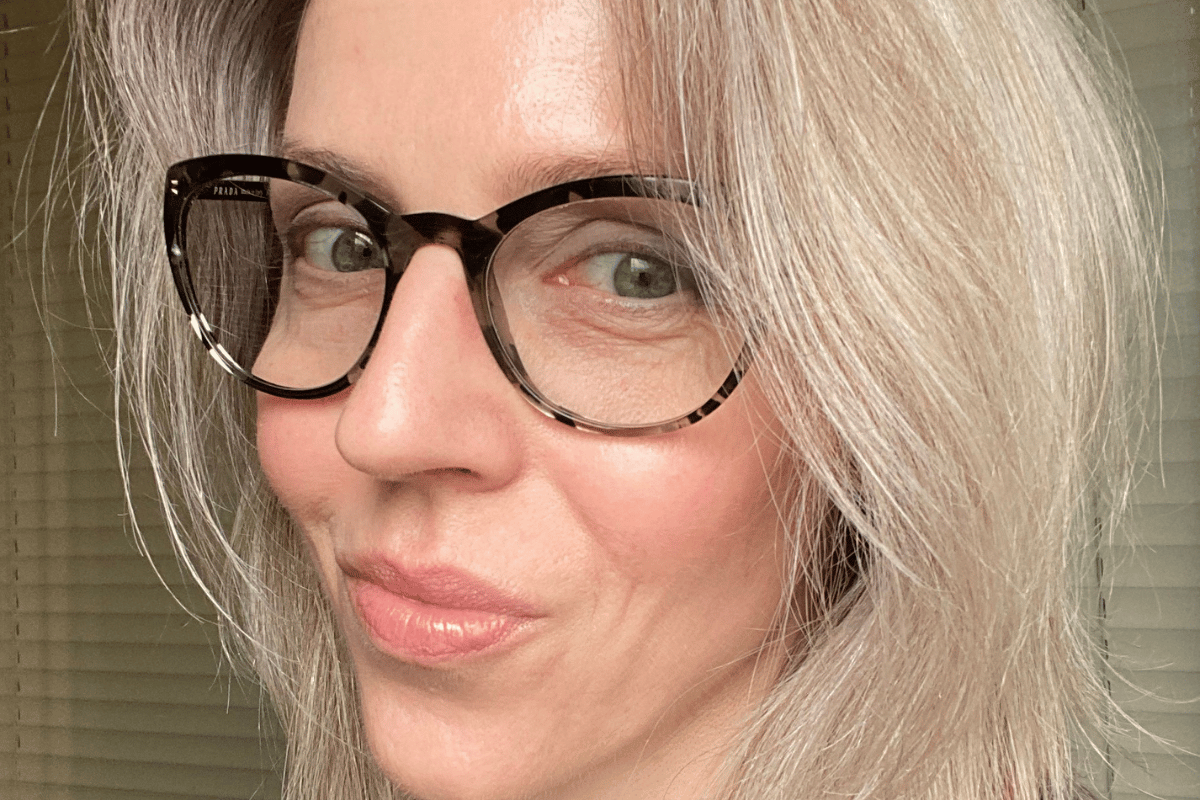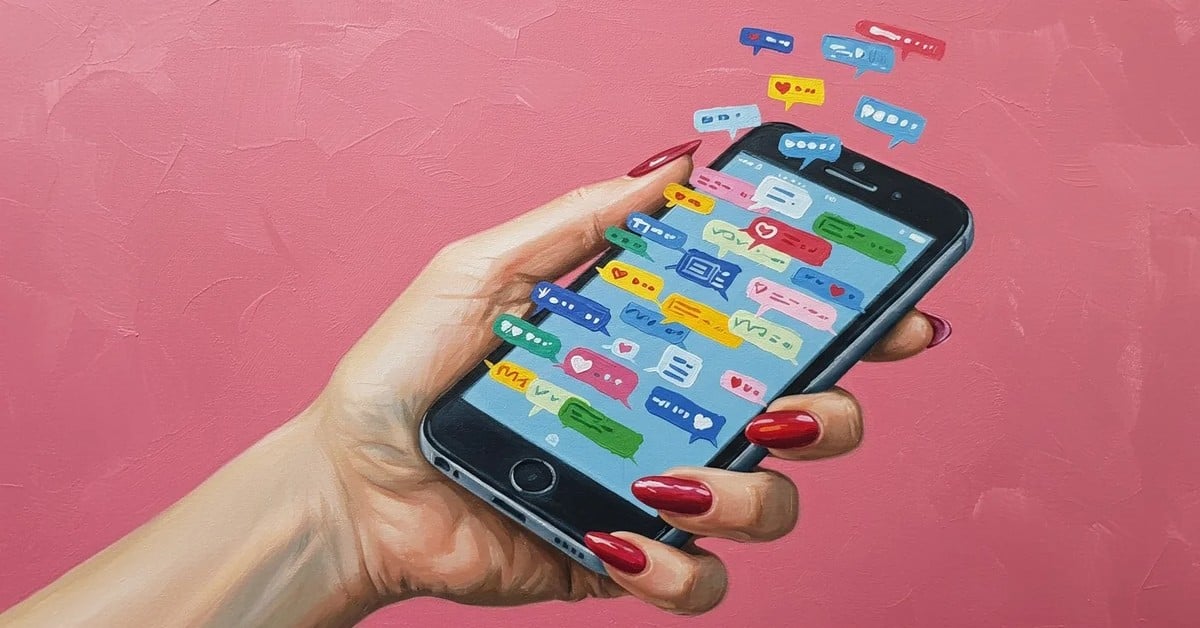
When something goes wrong in my life, I rush to the group chat for advice.
I send the same voice note to several friends to get their opinion on how a date went.
I turn to strangers online to see if how I'm feeling is normal.
I scroll and scroll until the external chatter and my internal anxieties become so loud it leaves me wondering what my gut feeling even was in the first place.
Sound familiar?
We're in an advice era. Any question we have, any tiny anxiety we feel, we can simply turn to TikTok, Reddit, Instagram or good old Google and find someone who's experienced it before us.
Let's be real, self-proclaimed experts are everywhere, teaching us how to ask for a pay rise, what attachment style we have, and why we should watch our cortisol levels.
More than one in three Mamamia women say they rely on the voices that help them make sense of the world. And a whopping 83 per cent of you agree that you look for short-cuts or hacks to make life easier and less stressful.
It's the age of being influenced. But struggling to sit with "not knowing" has a dark side: we're losing our intuition. And tbh, that's a bigger deal than we think.
Hear me out. Intuition isn't as woo-woo as you might first think. No crystals required, I promise.
"It's essentially our brain processing things kind of really quickly almost before our kind of conscious catches up or our rational mind catches up," clinical psychologist Rachel Harker told Mamamia.
"It's formed from our past — lived experience, memories, learned behaviour."





























































































